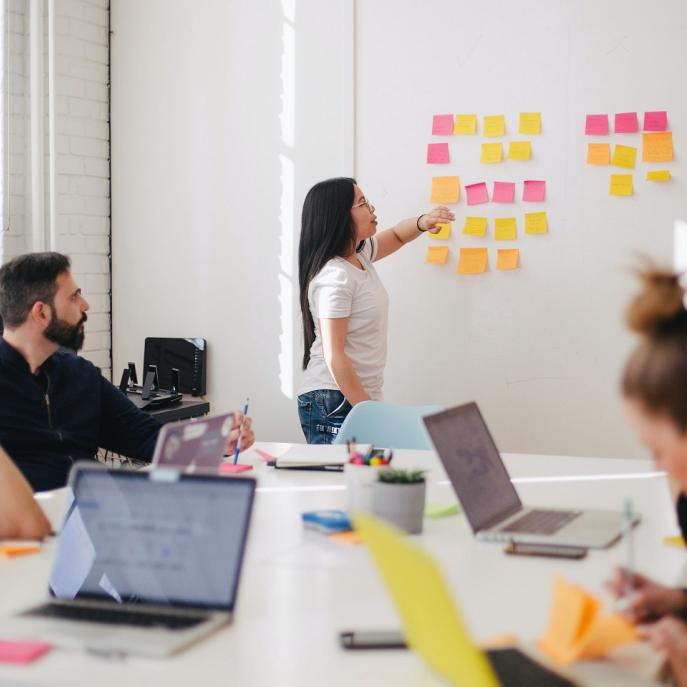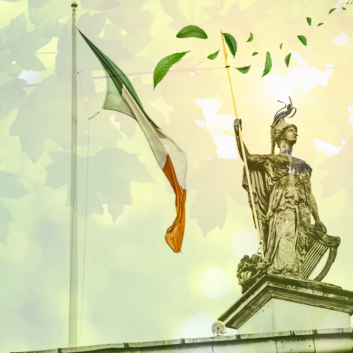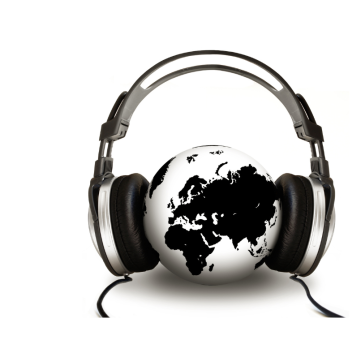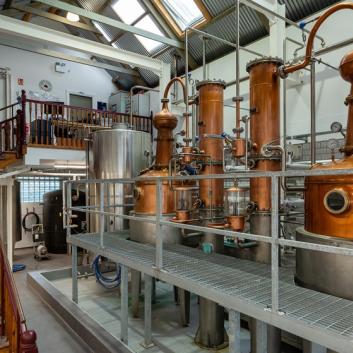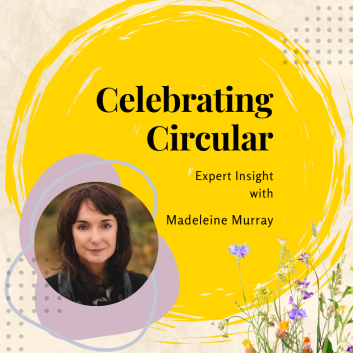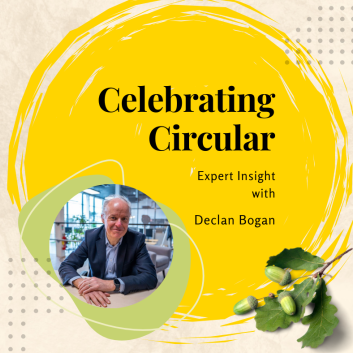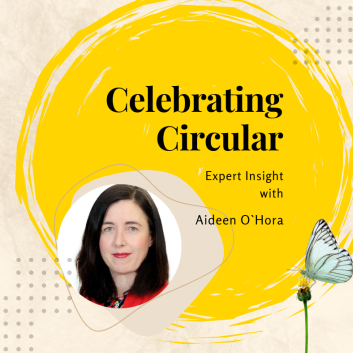Connecting theory, science and practice in business sustainability
Human-induced climate change is the most pervasive threat to the environment and society we have ever experienced, and business as usual is no longer an option. Rather than seeing this as a threat, we need to view it as an opportunity to transform how we work and live, and business can play a crucial role in this.
As a programme chair of the part-time programme Postgraduate Certificate in Sustainability Leadership in Business at the Technological University Dublin, I believe we can help leaders better relate to climate action and sustainability.

The course is designed to equip leaders with a comprehensive understanding of sustainability principles and the knowledge and skills required to apply evidence-based sustainability tools to decision-making and create a stakeholder buy-in to instigate change and implement sustainable social, environmental and financial business practices.
The students develop a systematic understanding of sustainability principles and sustainability literacy related to the UN SDGs and link them to business as part of a ‘Sustainability Principles’ module led by Dr Olivia Freeman.
Another module is ‘Leading Sustainability’ facilitated by Alacoque McAlpine, emphasising developing communication and leadership skills so the business case for sustainability coupled with the most suitable strategies can be communicated and implemented effectively.
In the second semester, I take the lead with the students to bring their knowledge and skills together as they work on a consultancy project that addresses a real business sustainability challenge in the current workplace or business or collaboration with a client.
The students also develop a pitch aimed at key stakeholders to create a buy-in for the proposed solution to the business sustainability challenge. Interestingly, programme participants come from diverse backgrounds, including fintech, construction, consulting, pharma, project management, insurance, and public and not-for-profit sectors.
There is a lot of information and misinformation about sustainability.
Many people believe it is too late to act or that climate change isn’t as bad as portrayed in the media.
Businesses often feel overwhelmed and find it difficult to know where to start and what practical yet transformative actions they can take.
Furthermore, a lack of knowledge about sustainability in general and concerning business practice: it is often seen as having something to do with the environment rather than encompassing other social and economic elements.
Another significant challenge is that while there are new career opportunities in sustainability, it is often seen as a separate function without sustainability considerations being embedded into the core of business strategy or translated into clear KPIs – this means that sustainability is still often perceived as nice to have or something that only relates to reporting.
Smaller businesses especially don’t have the capacity or financial and human resources to pause and strategise, so it is hard for them to refine their core offerings and future-proof their business.
Our role, as educators, in climate action is empowering one student at a time with sustainability knowledge, skills and mindsets.
Most business practitioners join our programme because they recognise the importance of sustainability and its role in business and want to gain the relevant knowledge, skills and tools so they can lead in embedding sustainability into practice – either directly in their current roles or by influencing key stakeholders within their organisations.
Others join because they want to change their career and work directly in sustainability-related roles.
This programme is deliberately built to provide students with many opportunities for creativity, critical thinking, reflection and peer learning. We are also keen to keep all this learning connected to the real world.
A cut-through experience was when we had Nasreen Sheik, a former child labourer, to a panel discussion. Hearing first-hand about the horrific experiences of child labourers and modern slavery was very powerful.
For instance, we do not think too much about who makes our clothes, especially the very cheap ones, and the true cost of making them.

After this, no one will think of slavery or child labour as a distant problem you have nothing to do with.
With every purchase or supply chain decision, you are making an impact and have the choice also to make a difference.
After finishing the course, students keep in touch with each other and us to exchange ideas and share achievements, which makes us very proud.
For example, one of our recent graduates, Claire Hyland working at Thinkhouse, a leading youth marketing agency in Ireland, implemented her learnings to establish the foundations of their BCorp certification journey.
Another student, Bradley Queen, from the Irish Exporters Association, established the Institute of Sustainable Trade to support the members with education, networking and professional development opportunities so they can embed sustainability into their businesses.
There are many more examples of changes our students initiated, reinforcing the importance of education about sustainability in business.
Headline image: Unsplash
This article is an extract from content originally published in the Circular Economy in Action special edition of the Profit with Purpose Magazine - you can read the full article and other features in the magazine.






